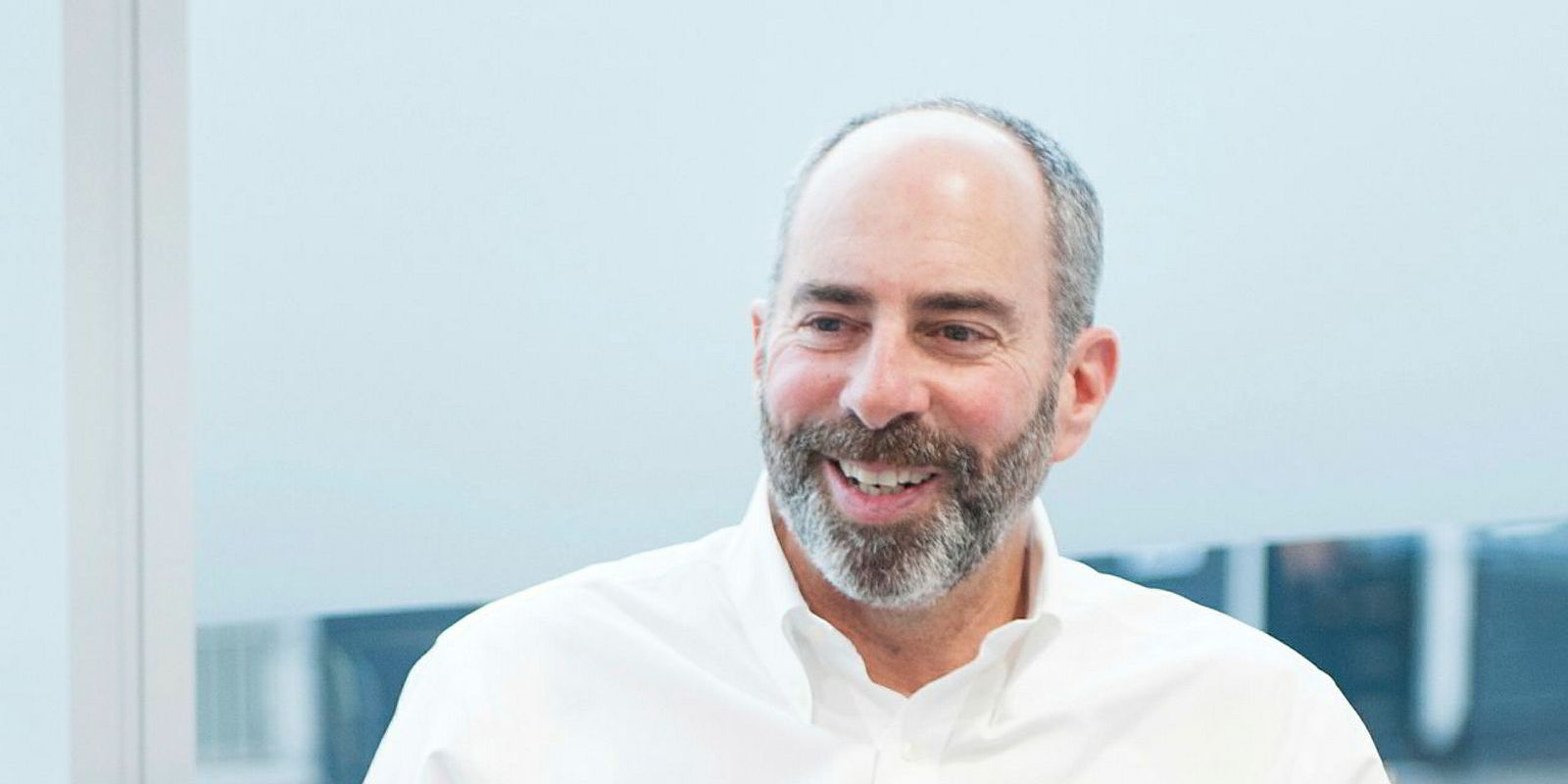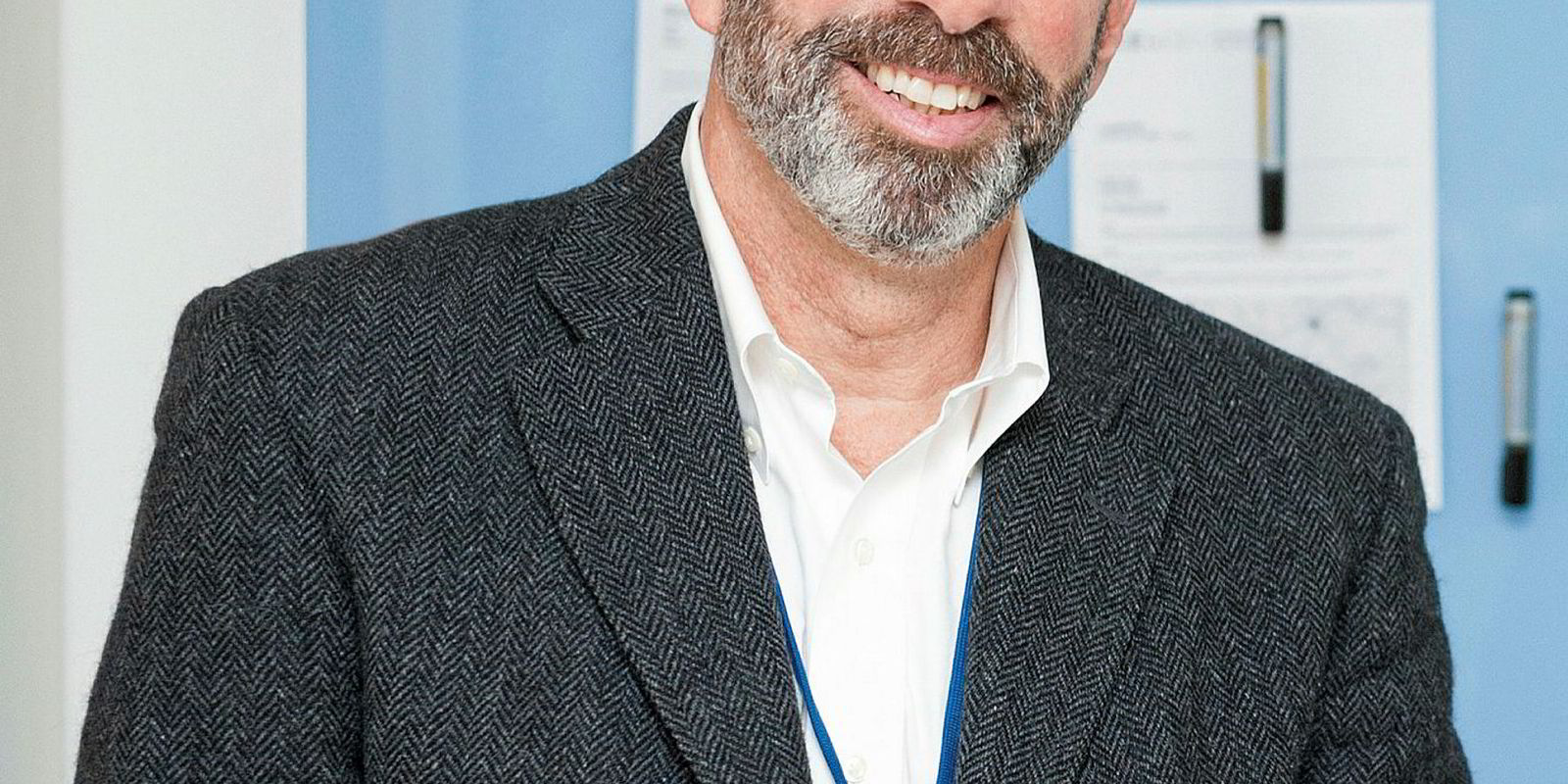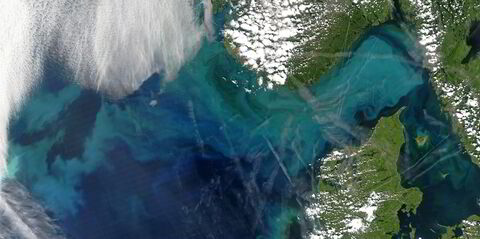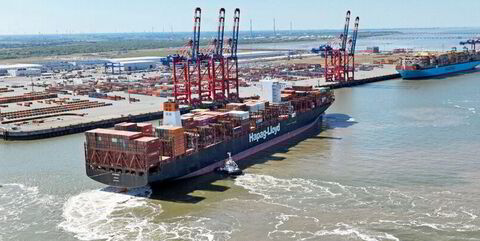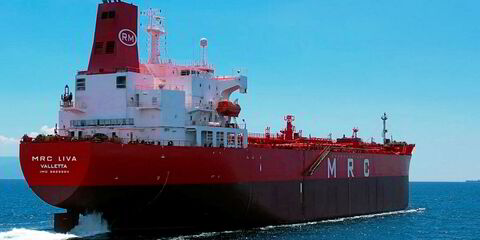Investor appetite for the recovering product tanker market saw $135m-worth of shares in two shipowners snapped up in just hours.
Greenbriar Equity Group sold a $45m chunk of New York-listed Ardmore Shipping on Tuesday.
Shortly after, Scorpio Tankers launched a follow-on offering that contributed $90m to its balance sheet at a time when it has $180m of debt maturing in 2018. A further $450m is to be paid back in 2019.
Reg Jones-backed Greenbriar has been a major shareholder in Ardmore since it began in 2010. It had remained the largest investor in the company despite selling half of its post-initial public offering stake a couple of years ago.
The remaining stock has now been sold after the 2007-founded fund reached the end of its term.
Jones, who has worked with Ardmore chief executive Tony Gurnee since the 1990s, remains chairman at the Cork-based owner that has 27 ships.
Wells Fargo Securities analyst Michael Webber described the exit as inevitable. The timing is opportune as Ardmore’s shares were trading up 18.9% for the year, ahead of the 16.2% climb in the Standard & Poor’s 500 index.
Jon Chappell of Evercore ISI says the sell-off removes an overhang on the Ardmore shares and was not a call on the recovering product tanker market.
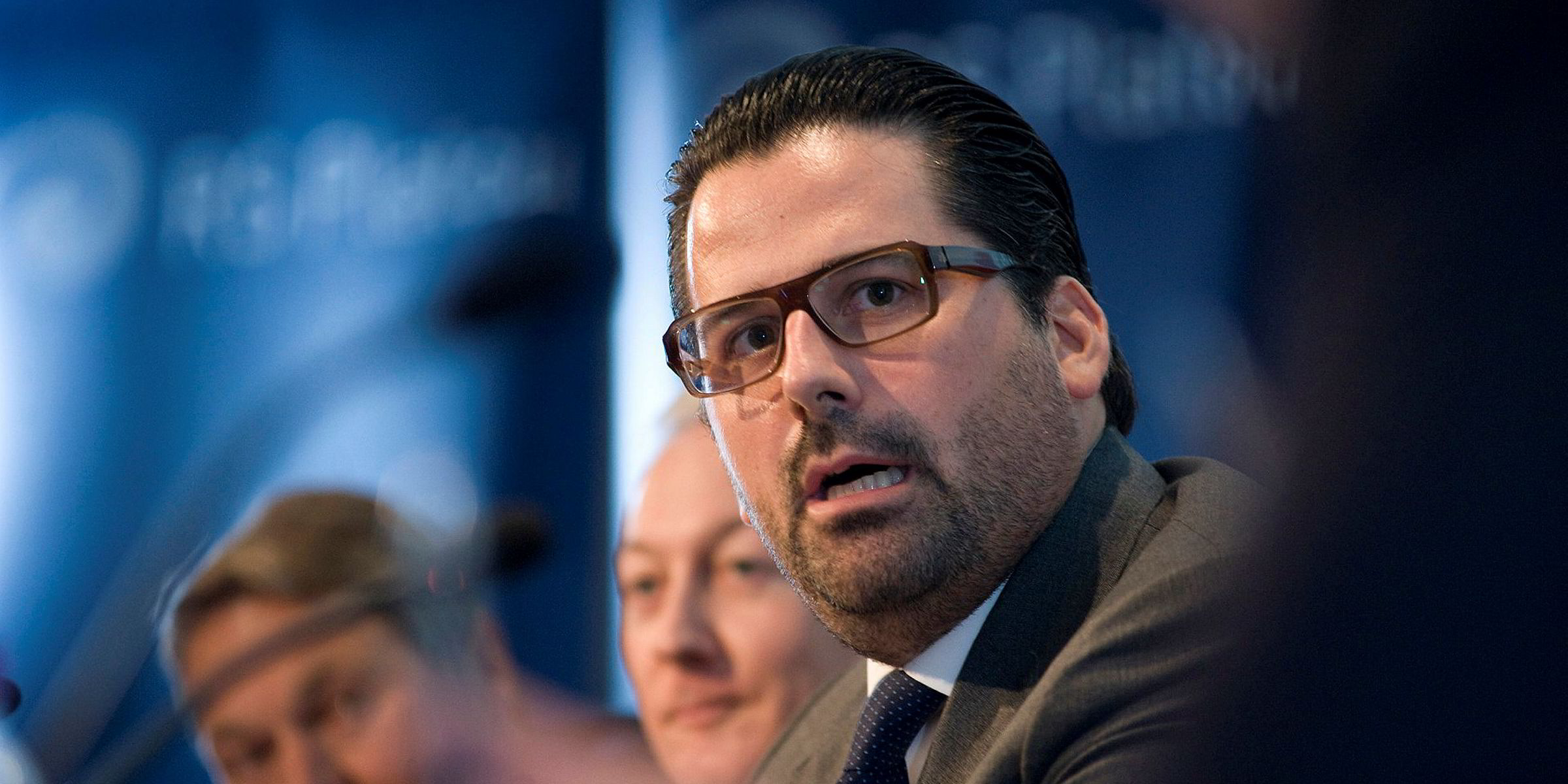
Scorpio Tankers, which bought Navig8 Product Tankers for $1.1bn earlier this year, sold 30 million new shares with management backstopping the offering to the tune of $20m.
“We believe that management is trying to bolster the balance sheet and liquidity ahead of a heavy debt repayment schedule,” said Ben Nolan of Stifel.
Some other analysts expressed the view that the company may have been a little too cautious.
Noah Parquette of JP Morgan notes that if the product tanker market follows its positive recovery script, Scorpio Tankers would have been in a strong position without the need to print additional stock. “The offering now seems to be a safe move,” he said.
Chappell saw it differently. “Given understandable concerns about a highly levered balance sheet if the product tanker market fails to finally meet expectations, defensive equity seems a prudent path to removing risk,” he said.
